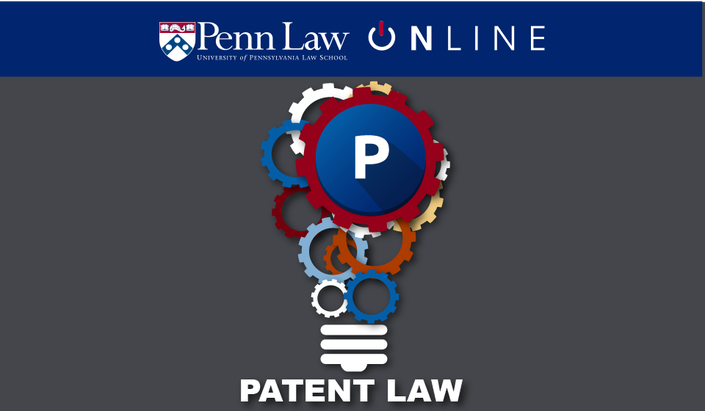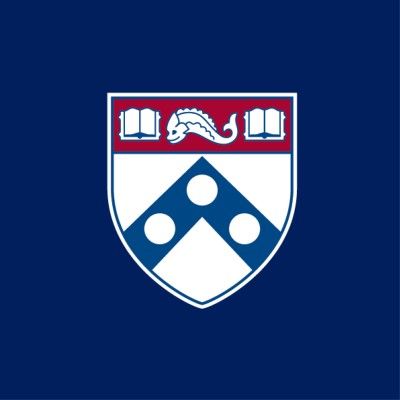
This CLE is an accelerated survey of patent law by R. Polk Wagner, a leading intellectual property scholar and Professor of Law at the University of Pennsylvania Law School. This course is ideally suited for attorneys who never took patent law or practicing attorneys looking to quickly gain a fluency in the basics of patents. This course begins with an examination of the fundamental justifications for and creation of U.S. patent rights as well as the relationship between patent law and other “intellectual property” concepts. We will then delve into the details of the U.S. requirements for patentability, and explore the scope of patent rights, again considering how the policies expressed reflect the justifications for patent rights. Then we will look at an actual patent document and analyze the different pieces of an issued patent with a special focus on the importance of patent claims. Finally, we will explore strategies for dealing with patent infringement.
Lecturer: R. Polk Wagner
Polk Wagner (@ProfPolkWagner) focuses his research and teaching in intellectual property law and policy, with a special interest in patent law. He has written over 20 articles (see them here) on topics ranging from an empirical analysis of judicial decision-making in the patent law to the First Amendment status of software programs. His work has appeared in the Stanford Law Review, Columbia Law Review, and the University of Pennsylvania Law Review, among several others. He is the author (with Professor Craig Nard) of Patent Law:Concepts and Insights(Foundation Press 2008). He is a frequent lecturer on intellectual property topics worldwide.
Prior to joining the Penn Law faculty in 2000, Wagner served as a clerk to Judge Raymond C. Clevenger III of the U.S. Court of Appeals for the Federal Circuit. He holds degrees from Stanford Law School, the University of Michigan, the College of Charleston, and was the 1994-95 Roger M. Jones Fellow at the London School of Economics.
Your Instructor

